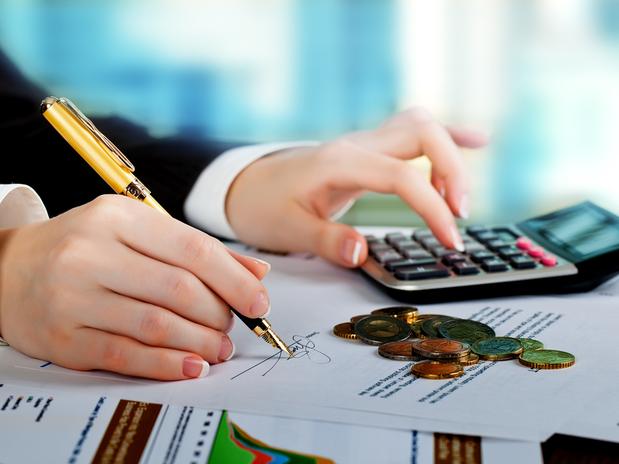IPCA-15 rose 0.59% in May, above market expectations
3 min read

The Expanded National Consumer Price Index 15 (IPCA-15), Brazil’s official inflation preview, rose 0.59% in May – the highest rise for the month since 2016 (0.86%). IPCA-15 accumulated 4.93% in the year and 12.20% in 12 months, an acceleration compared to the 12.03% recorded in April.
The result was well below the April rate (1.73%), which was the largest monthly change since February 2003 (2.19%) and the largest for the month since 1995 (1.95%), but came in higher than market expectations (Refinitiv consensus expected a 0.45% monthly increase and an increase of 0.45%). annual 12.03%).
The continued rise in prices has prompted economists – and even the government – to revise their forecasts for 2022 inflation upwards. market forecast It has already reached 10% for this year’s IPCAWhile The Ministry of Economy raises its rate to 7.9%. last week.
Health and transportation weight
Eight of the nine groups of products and services surveyed by the Brazilian Institute of Geography and Statistics (IBGE) increased in May – the only exception being housing (-3.85%), which had a strong decline and helped reduce IPCA-15 from May by 0.62 points percentage.
The biggest increase came from Health and Personal Care (+2.19%) which contributed to the previous month’s 0.27 percentage point increase in inflation.
The price increase in the transport sector slowed down (+1.80%) compared to April (+3.43%), but the group was responsible for the largest positive impact on the index (0.40pg). Food and beverages (+1.52%) also slowed down compared to the previous month (+2.25%), but it affected the index by 0.32 percentage points.
The other groups ranged between +0.06% (education) and +1.86% (clothing), and their effects ranged from 0.00 (education) to 0.08 (clothing).
Medicines and airline tickets
The strong rise in the healthcare and personal group (+2.19%) was influenced by the rise in pharmaceutical prices (+5.24%), following an adjustment of up to 10.89% authorized by the National Health Surveillance Agency (Anvisa). In addition, there was a 3.03% increase in the prices of personal hygiene supplies.
In the transportation group (+1.80%), the largest contribution (0.09 pp) came from airline tickets, whose prices rose for the second month in a row (the increase was 9.43% in April and rose by 18, another 40% in May).
Fuel prices also continued to rise (+2.05%), albeit with a lower intensity compared to last month (when they rose 7.54%). Gasoline inflation was 1.24% in May and ethanol inflation was 7.79%. IBGE also highlights a 3.48% increase in vehicle insurance, which has already increased by 18.24% in 2022 alone.
Elements and Sub-elements with the Most Impact on May IPCA-15:
- pharmaceutical products: + 5.24%with an effect of 0.17 p
- Personal hygiene: +3.03%with an effect of 0.11 p
- flight tickets: + 18.40%with effect 0.09 p
- gasoline: + 1.24%with effect 0.08 p
- Ethanol: + 7.79%with effect 0.07 p
Electricity bill help
The sharp drop in prices in the housing group (-3.85%) was driven by electricity (-14.09%), which became significantly cheaper as of April 16, with the end of the water scarcity tariff flag and the start of the green flag.
The change was made possible by the rainfall in the past few months and the restoration of the level of reservoirs in hydropower plants, where they were at critical levels – which led to the activation of thermoelectric plants, which produce more expensive energy and increased the price of the electricity bill.
While in the green flag there is no additional charge for the electricity bill, in the case of water scarcity there is an increase of R$ 14.20 for every 100 kWh consumed. The government has said that changing the tariff flag will reduce the price of electricity by about 20%, but the impact has been found to be less due to recent adjustments in several states.
According to IBGE, reductions in electricity bills ranged from -17.62% in Curitiba to -2.18% in Fortaleza (in Ceará there was a 24.23% adjustment in tariffs as of April 22, reducing the positive impact of the green flag).
Last month, the National Electric Energy Agency (Aneel) also allowed tariff adjustments of 20.97% in Bahia (which brought the electricity bill down “only” 4.82% in Salvador) and 18.77% in Pernambuco. Recife).
This report is being updated
Looking for a good buying opportunity? XP استراتيجي strategist reveals 6 cheap stocks to buy today.
Related

“Entrepreneur. Music enthusiast. Lifelong communicator. General coffee aficionado. Internet scholar.”



